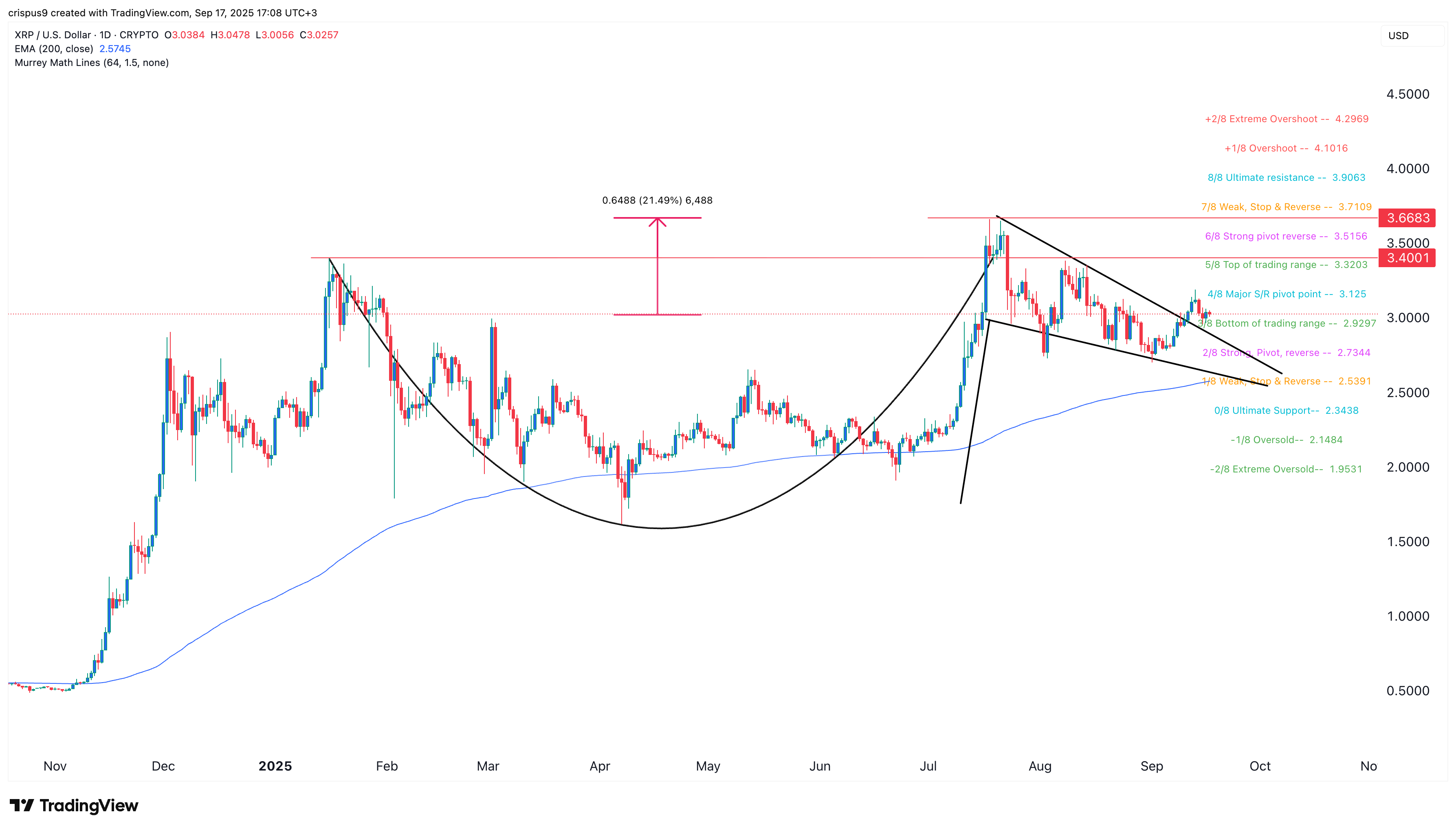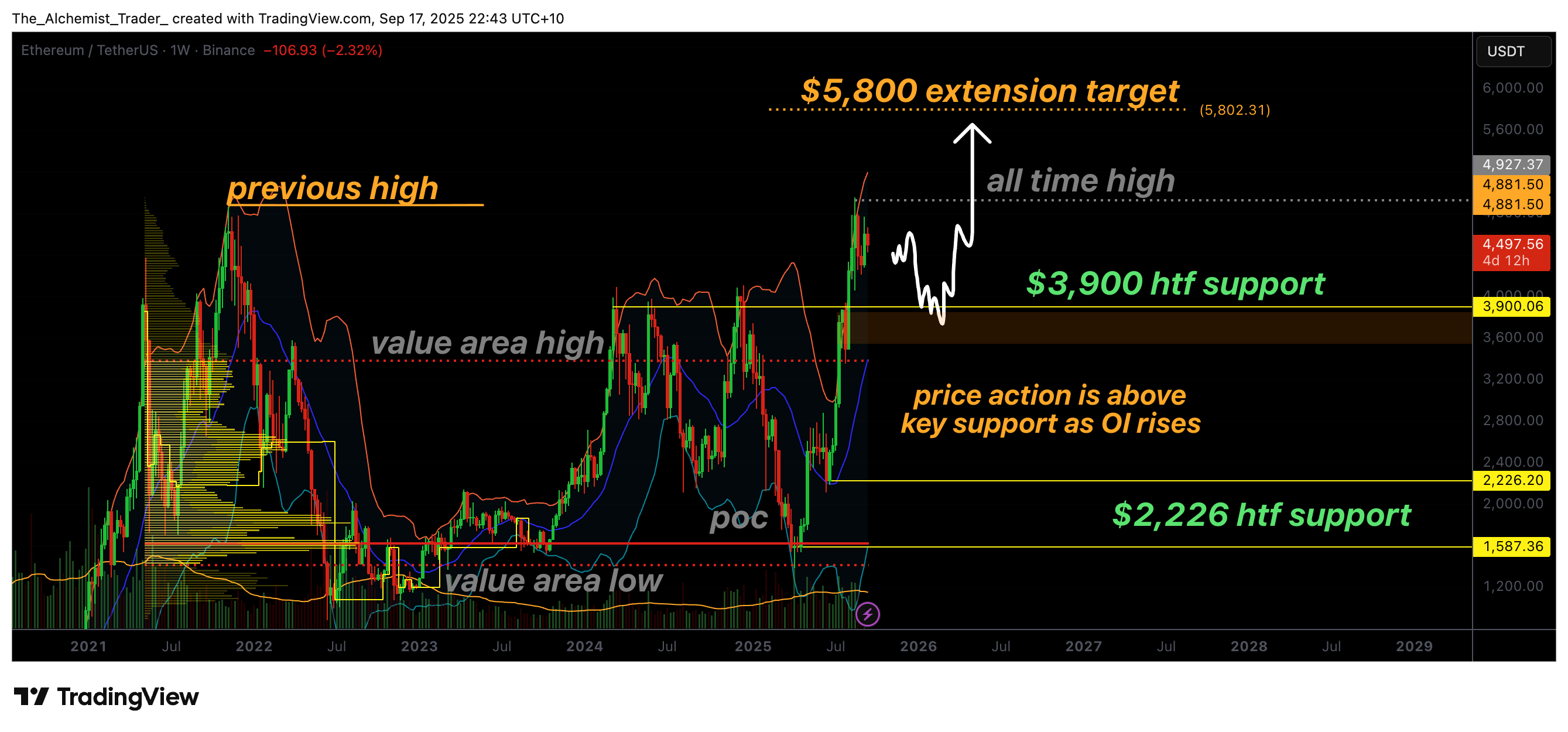Kyrgyzstan appeals to US, UK after crypto firms hit with sanctions over Russia ties

The president of Kyrgyzstan is pushing back against Western sanctions targeting local crypto firms accused of helping Russia skirt restrictions.
Summary
- Kyrgyzstan President Sadyr Japarov has urged the US and UK to lift sanctions on local crypto firms accused of facilitating illegal transfers for Russia.
- Two Kyrgyz-based crypto exchanges, Grinex and Meer, are among those targeted in the crackdown.
- The country’s crypto market has been under scrutiny throughout the year.
Kyrgyzstan President Sadyr Japarov has urged the United States and the United Kingdom to lift the recently imposed sanctions on local crypto firms in the region. Per an August 21 Reuters report, Japarov argued that the actions unfairly portray Kyrgyz entities as complicit in illicit financial activity.
“I would appeal to the top leadership of these countries, to (U.S. President) Donald Trump and (British Prime Minister) Keir Starmer,” the president reportedly stated, adding that, “there is no need to politicise the economy.”
The UK announced sanctions this week on multiple Kyrgyzstan entities tied to Russia’s financial networks, including the infrastructure behind the ruble-pegged stablecoin A7A5, and two local crypto exchanges, Grinex and Meer.
Authorities accuse the firms of enabling billions in illegal transfers via the A745 stablecoin launched in February, helping Russian actors bypass restrictions. The UK’s enforcement actions build on previous similar measures by the U.S., driven by the same concerns.
President Japarov denied that Kyrgyz firms were involved in Russian sanctions evasion, stressing that only the state-owned Keremet Bank is authorized to handle ruble transactions. He argued that all such operations are fully state-controlled, with profits directed to the national budget.
Kyrgyzstan crypto market’s reported ties to Russia
As crypto.news previously reported, Kyrgyzstan’s local crypto market has long been under scrutiny for allegedly aiding illegal financial activity tied to Russia. In June, the Financial Times reported that the A7A5 stablecoin was used to quietly move over $9.3 billion in illicit funds within a four-month period.
Though the associated entities denied the claims and presented the stablecoin as an independent and transparent project, a separate report by TRM Labs in July raised additional concerns.
TRM Labs detailed deep links between the A7A5 stablecoin, the two Kyrgyz-based crypto exchanges Grinex and Meer, and the Russian crypto exchange Garantex, which was also sanctioned by the U.S. in March 2025.
On-chain findings suggested that both Grinex and Meer operate as successors to Garantex, using similar wallet infrastructure and transaction patterns to help Russian users move funds illegally.
Other red flags included signs of shell company operations, such as identical registration addresses, shared founders, and recycled contact information, suggesting coordinated or shared illicit controls, intensifying scrutiny on the region.
Meanwhile, Kyrgyzstan has been taking steps throughout the year to expand its crypto sector, including tapping industry figures for input. However, with fresh sanctions now in place and international scrutiny mounting, it remains to be seen how regional regulators will enforce rules to restore credibility.




